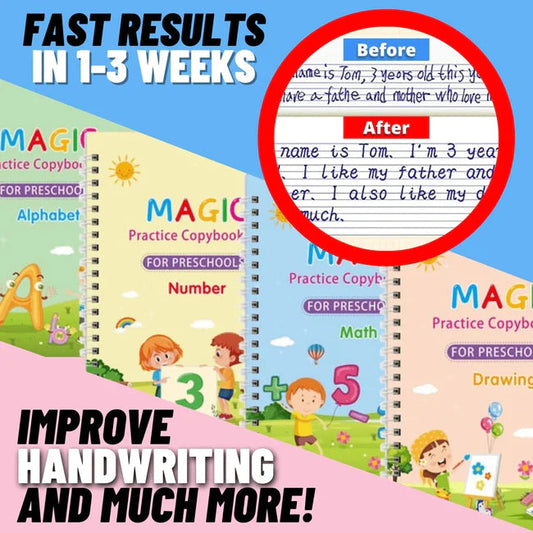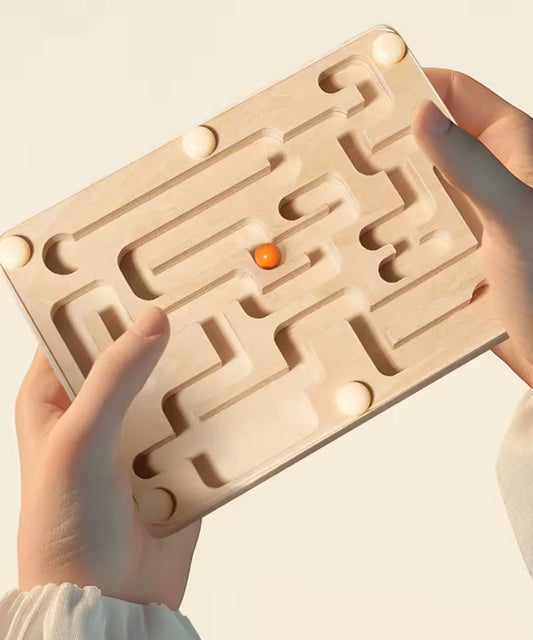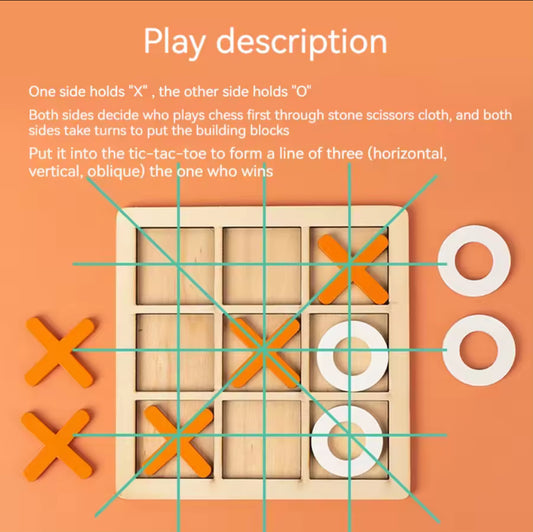
The Benefits of Montessori Learning
Share
Parents and educators are constantly seeking innovative ways to further early childhood development. In the past couple of years the Montessori teaching method has gained great attention for its effective and unique approach to learning. The Montessori method, developed by Dr. Maria Montessori in the early 1900s, is a unique educational philosophy focused on creating a nurturing self sufficient environment where children explore, learn and grow at their own pace. Here are some of the key benefits of Montessori learning for preschoolers.
Fostering Independence and Confidence
The Montessori method has its most significant advantages on the emphasis of independence from an early age. Unlike other traditional learning methods, this system is designed to encourage children to take the lead when it comes to learning. Preschoolers are usually given freedoms to pick their activities and work at their own natural pace, allowing for the development in their sense of autonomy and self reliance. This empowers decision making and problem solving skills. As they succeed in their tasks their self confidence grows. Intrinsic motivation is a strong emphasis in the Montessori method, where children take pride in their accomplishments, rather than relying on external rewards or praise.
Hands-On Learning
Montessori classrooms strive for hands on learning as the core of every activity. The materials are specifically designed to be tactile and engaging, allowing children to touch, manipulate, and explore. By using them children understand abstract concepts through concrete experiences. This hands-on approach caters to different learning styles, particularly for children who learn best through physical activity or sensory experiences. By engaging in activities that appeal to their senses, children are more likely to retain information and develop a deeper understanding of the world around them.
Encouraging Social and Emotional Development
Fostering a sense of community and cooperation is a key principle in the Montessori classroom. The mixed age environment offers an opportunity for children to learn from one another. Older children often act as mentors for younger students, reinforcing their own knowledge through teaching. This creates a collaborative and harmonious environment where social and emotional skills are developed naturally.
Cultivating a Love for Learning
One of the primary goals of Montessori education is to instill a lifelong love of learning in children. Montessori classrooms are designed to spark curiosity and allow children to explore subjects that interest them. Rather than following a rigid curriculum, children are encouraged to engage in activities that captivate their attention and feed their natural desire for discovery.
This freedom to explore helps preschoolers develop intrinsic motivation, which means they are more likely to continue learning beyond the classroom. As children become more self-directed learners, they develop a sense of responsibility for their education and begin to take pride in their intellectual growth.
Individualized Learning
As every child is unique, the Montessori method respects and honors individuality. Teachers act as guides while observing each child’s development and offering tailored support to meet specific needs. Children are encouraged to work at their own pace, which allows for mastering concepts before moving on to new ones. This ensures that no child is left behind or forced to move too quickly. In a Montessori setting kids are free to pursue their interests and challenges, all while ensuring that learning feels relevant and exciting to them.
Promoting Critical Thinking and Problem-Solving Skills
This method encourages preschoolers to gain critical thinking skills as well as problem solve through hands on activities and independent exploration. Rather than focusing on memorization or instructions, children are presented with open ended tasks that require them to think creatively and find solutions on their own. As children work through challenges and obstacles, they develop a mindset that sees mistakes as learning opportunities, rather than failures.
Holistic Development
Montessori education takes a holistic approach to child development, focusing on intellectual, physical, social, and emotional growth. By offering a balanced and nurturing environment, Montessori allows preschoolers to develop all areas of their personality.The emphasis on movement, both in the classroom and during outdoor activities, supports the physical development of children. Montessori classrooms also promote mindfulness and self-awareness, helping children connect with their emotions and develop a strong sense of identity.
Looking for an educational approach that nurtures your child’s natural curiosity and helps them grow into independent and thoughtful individuals? The Montessori learning method is certainly worth considering.








